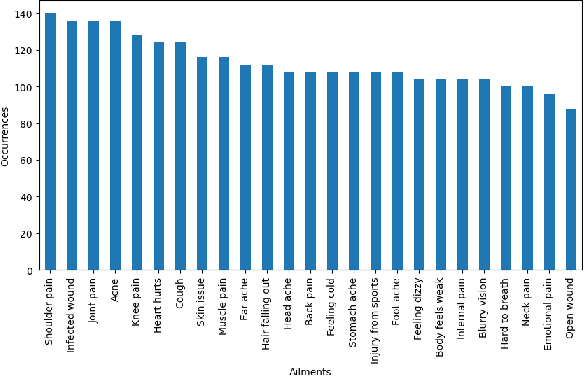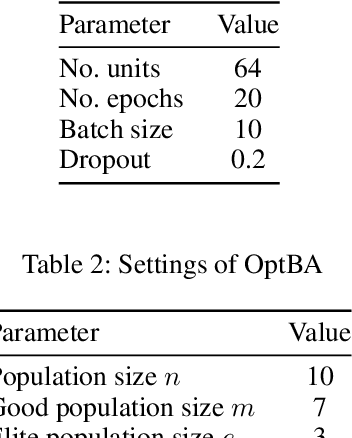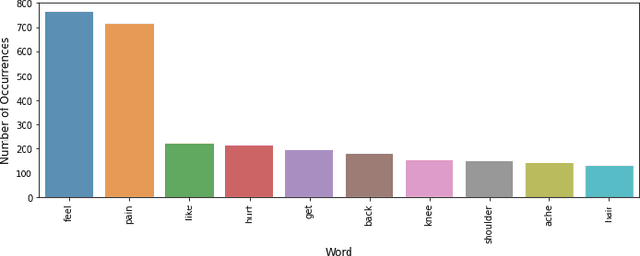Adham Ibrahim
What Does it Take to Generalize SER Model Across Datasets? A Comprehensive Benchmark
Jun 14, 2024



Abstract:Speech emotion recognition (SER) is essential for enhancing human-computer interaction in speech-based applications. Despite improvements in specific emotional datasets, there is still a research gap in SER's capability to generalize across real-world situations. In this paper, we investigate approaches to generalize the SER system across different emotion datasets. In particular, we incorporate 11 emotional speech datasets and illustrate a comprehensive benchmark on the SER task. We also address the challenge of imbalanced data distribution using over-sampling methods when combining SER datasets for training. Furthermore, we explore various evaluation protocols for adeptness in the generalization of SER. Building on this, we explore the potential of Whisper for SER, emphasizing the importance of thorough evaluation. Our approach is designed to advance SER technology by integrating speaker-independent methods.
Optimizing Deep Learning Model Parameters with the Bees Algorithm for Improved Medical Text Classification
Mar 14, 2023



Abstract:This paper introduces a novel mechanism to obtain the optimal parameters of a deep learning model using the Bees Algorithm, which is a recent promising swarm intelligence algorithm. The optimization problem is to maximize the accuracy of classifying ailments based on medical text given the initial hyper-parameters to be adjusted throughout a definite number of iterations. Experiments included two different datasets: English and Arabic. The highest accuracy achieved is 99.63% on the English dataset using Long Short-Term Memory (LSTM) along with the Bees Algorithm, and 88% on the Arabic dataset using AraBERT.
 Add to Chrome
Add to Chrome Add to Firefox
Add to Firefox Add to Edge
Add to Edge